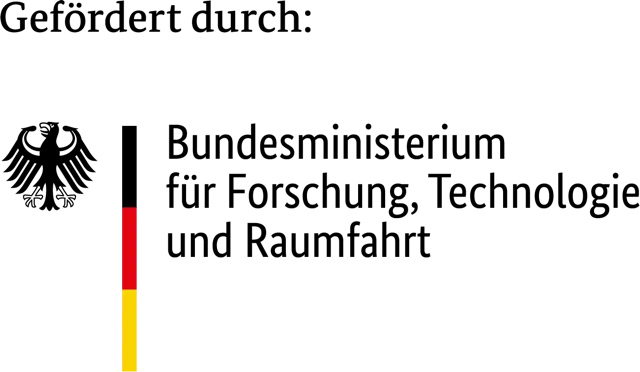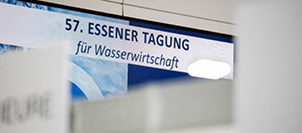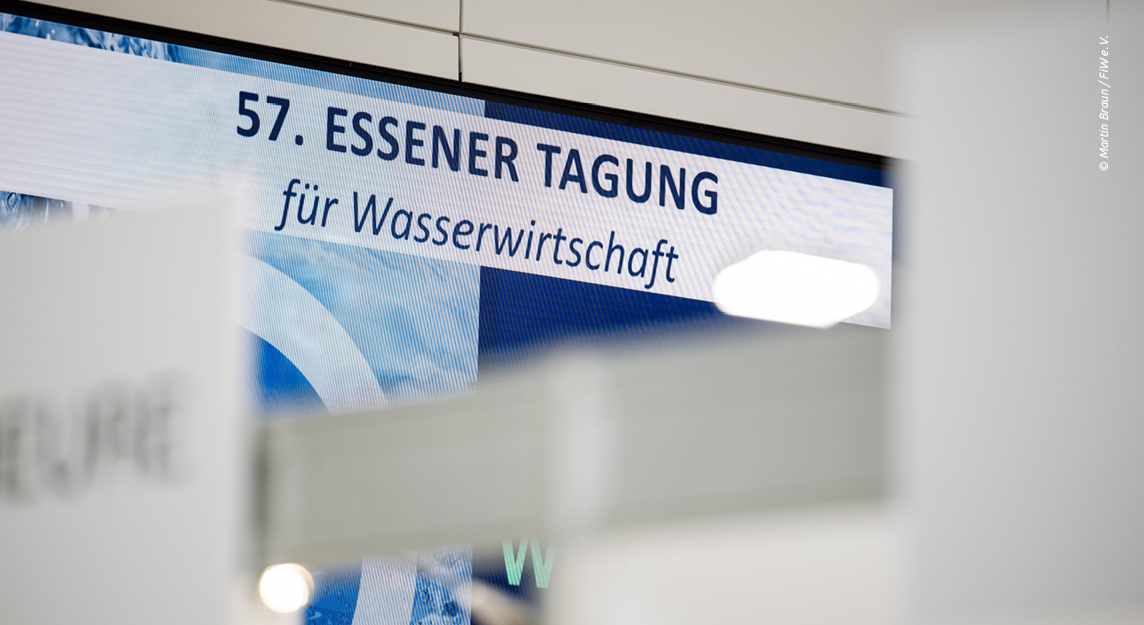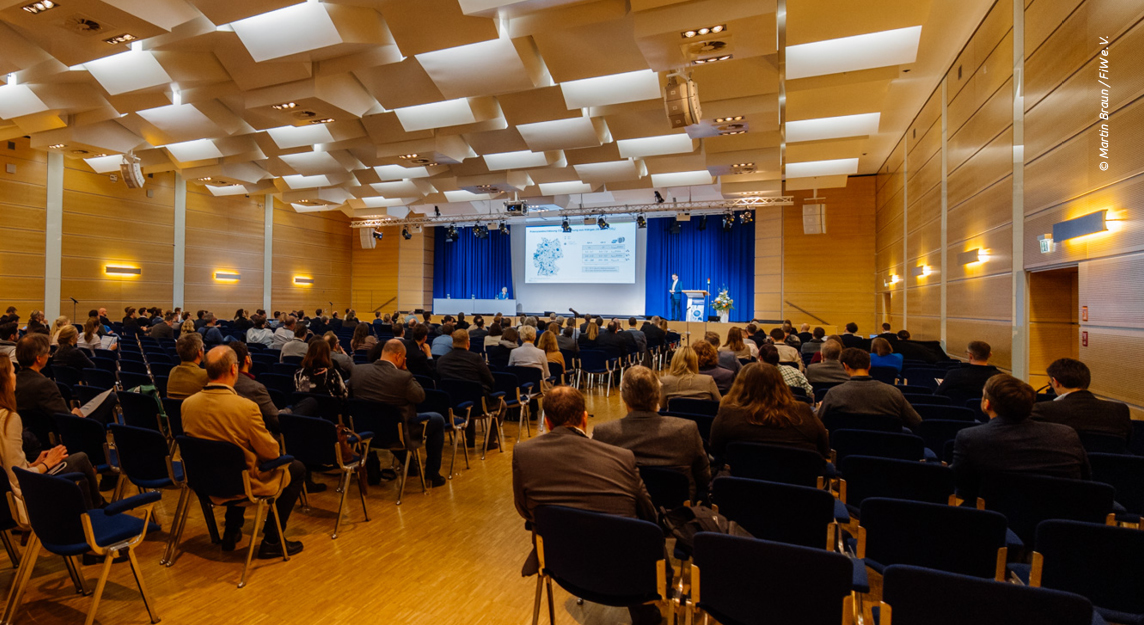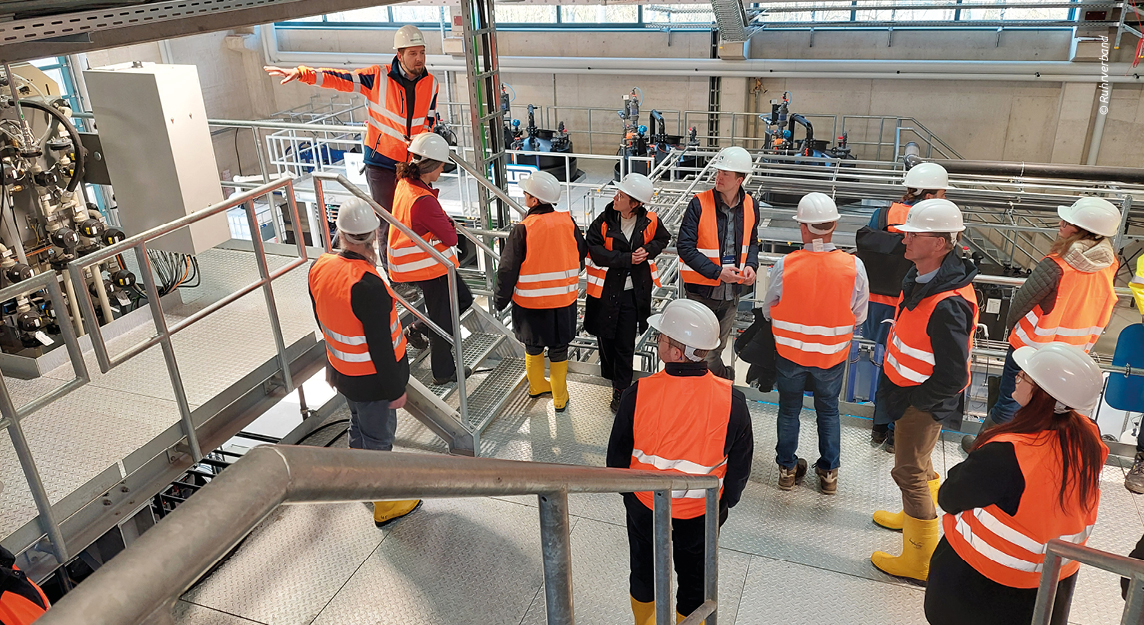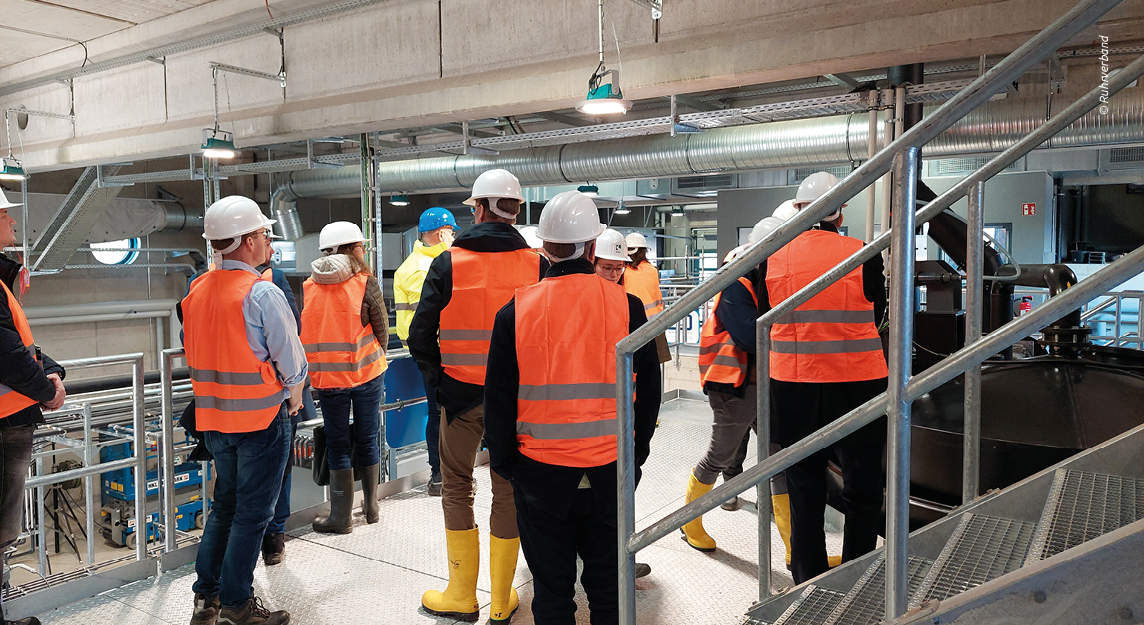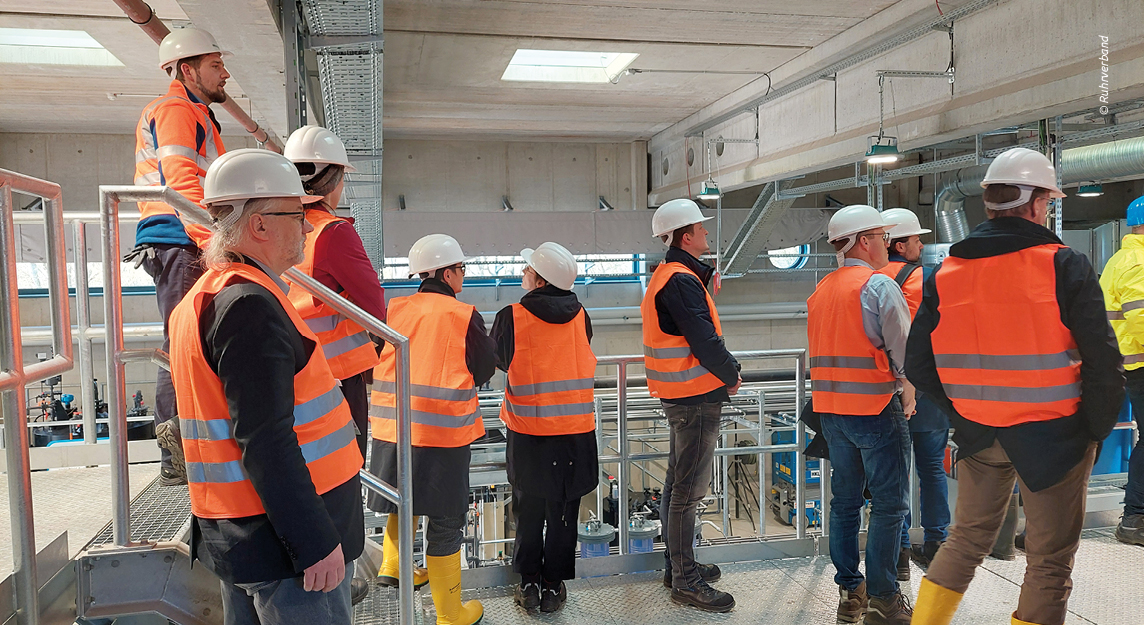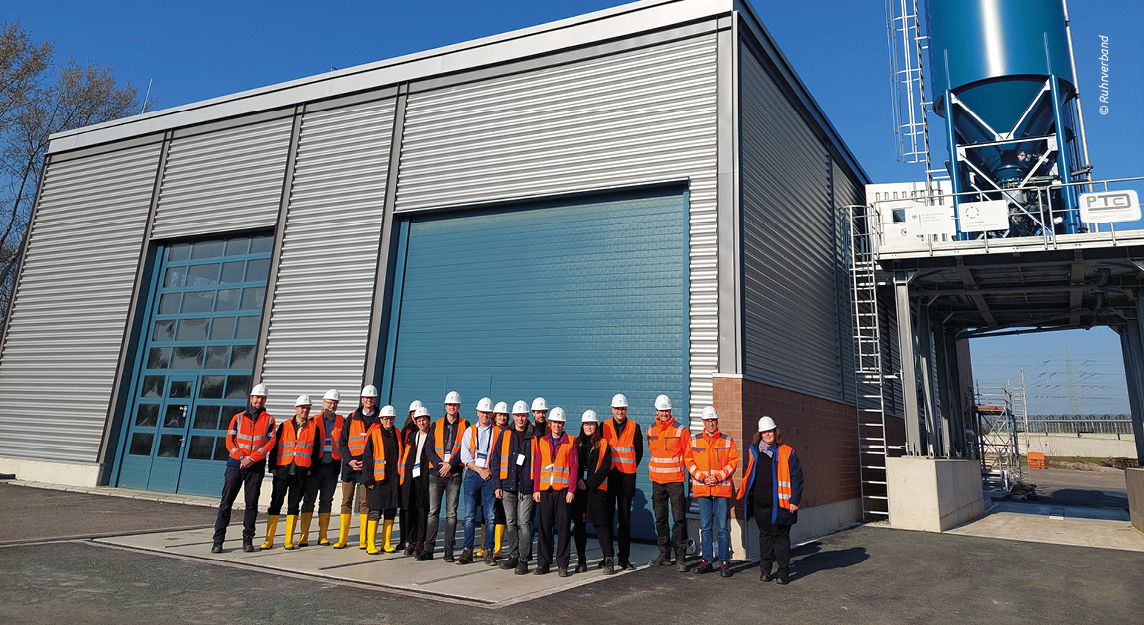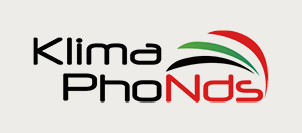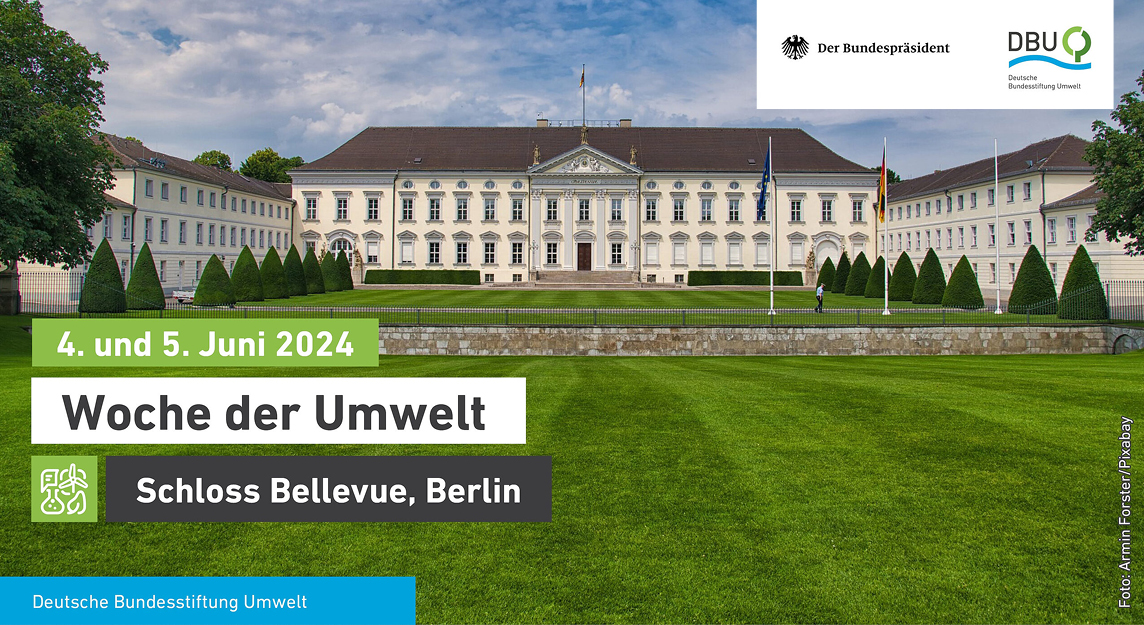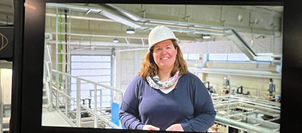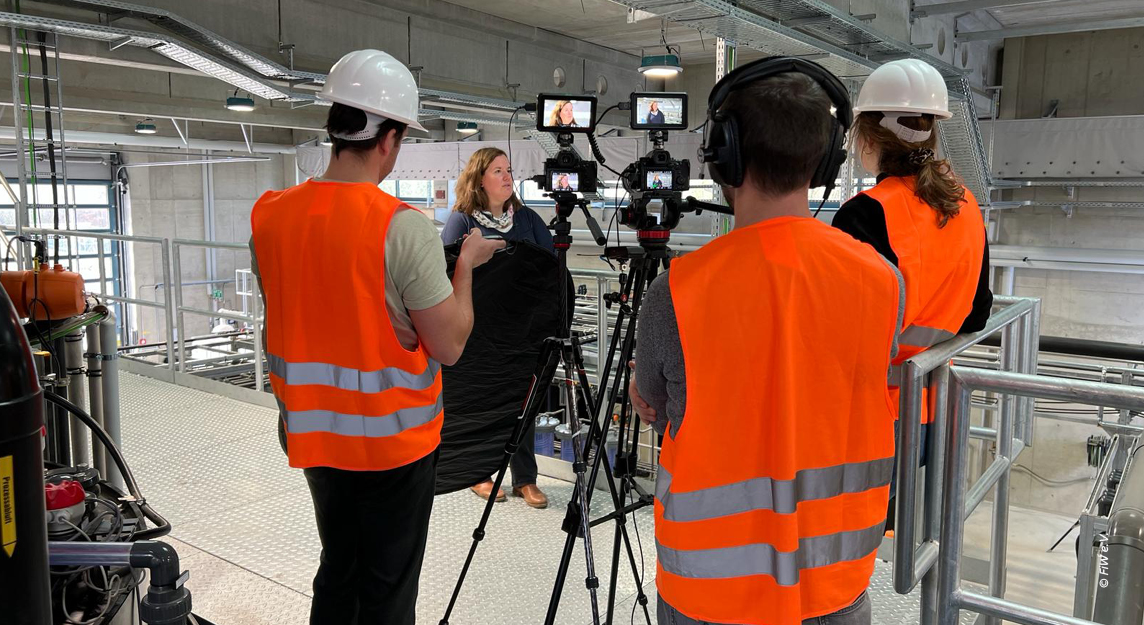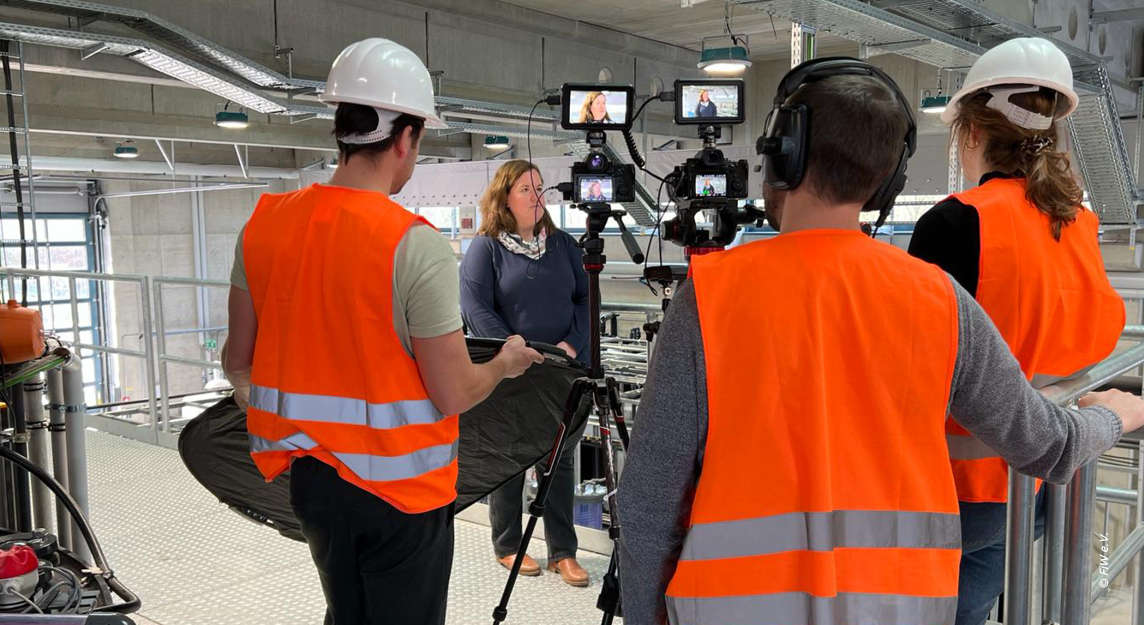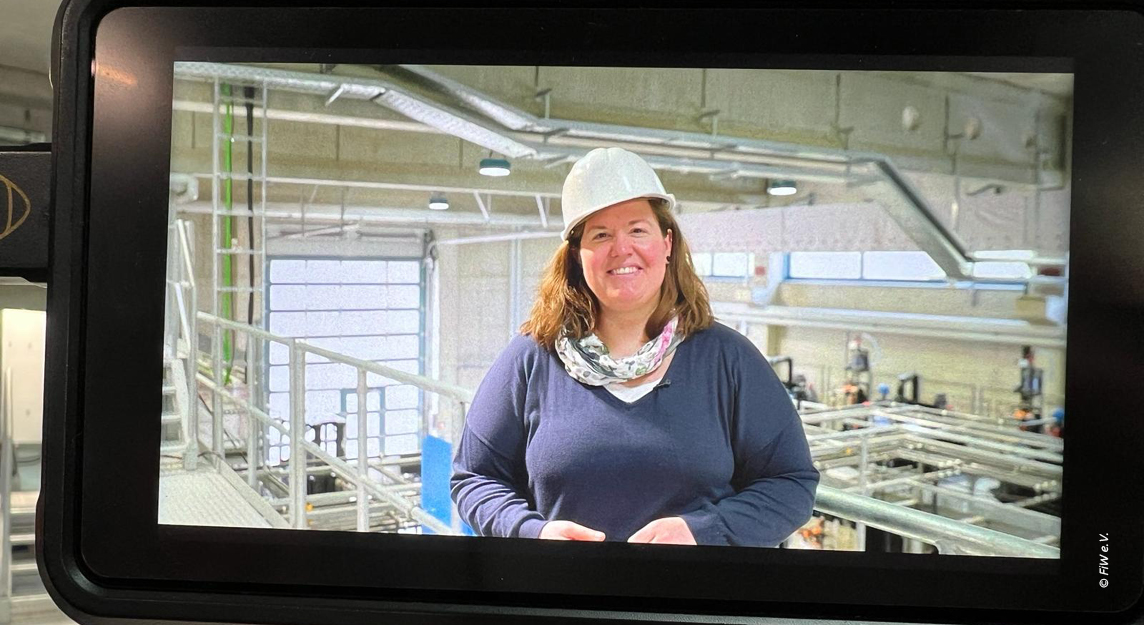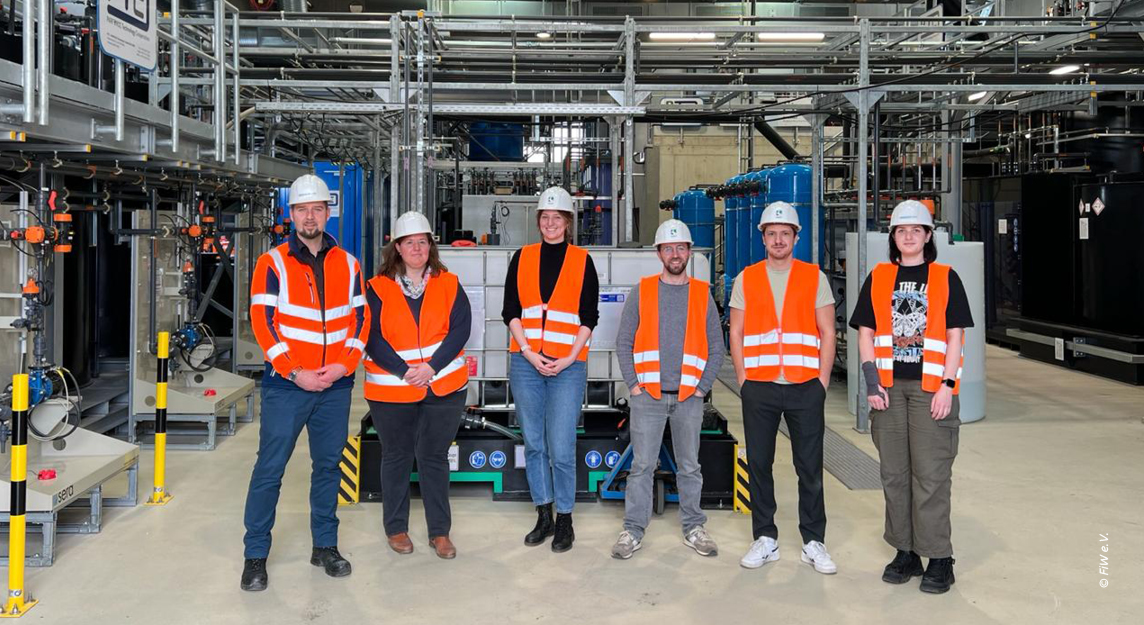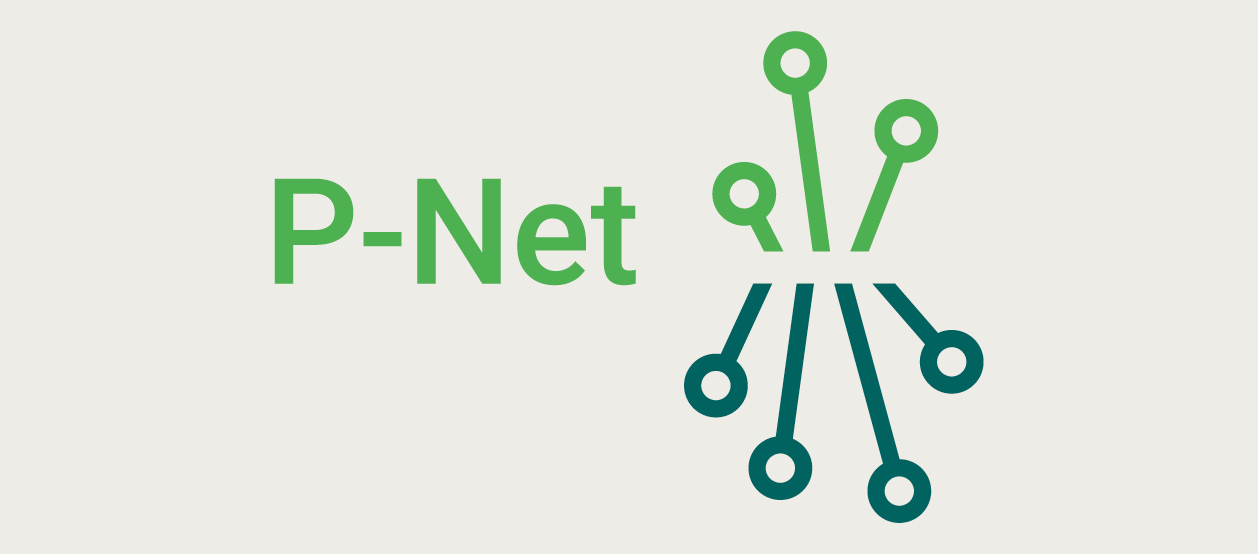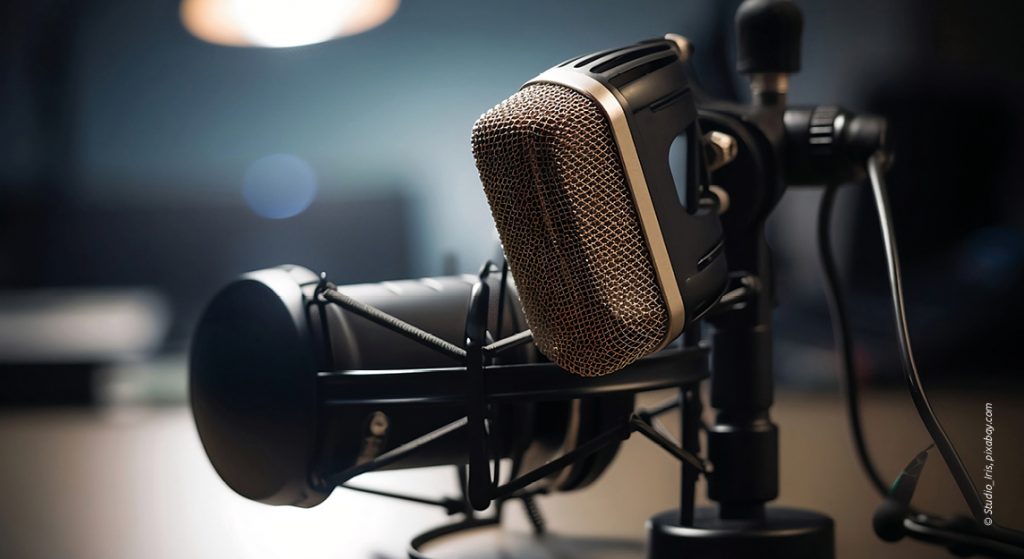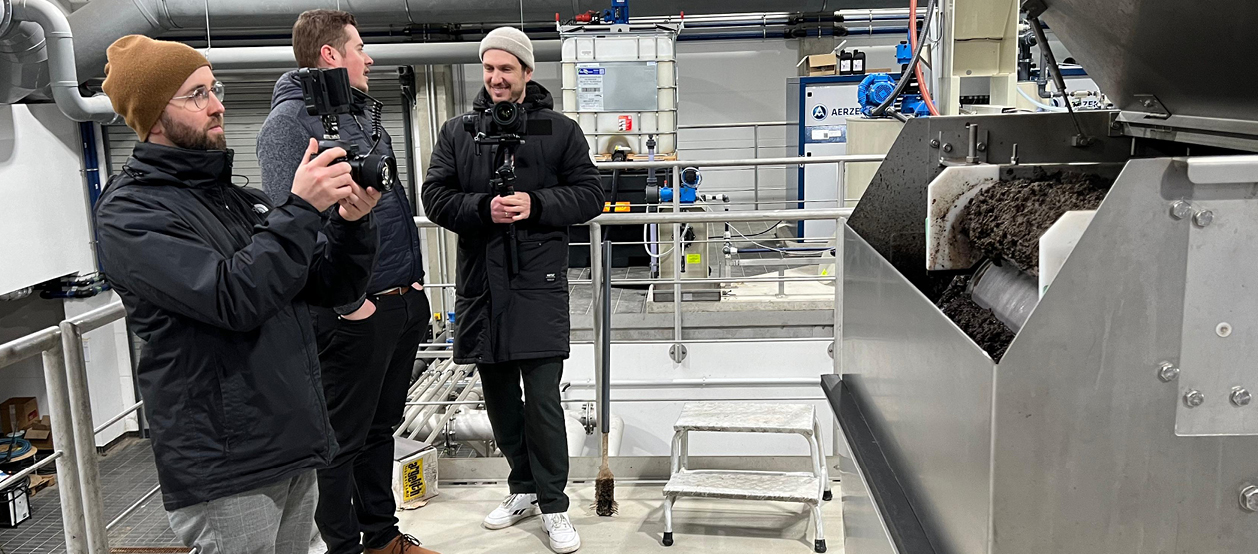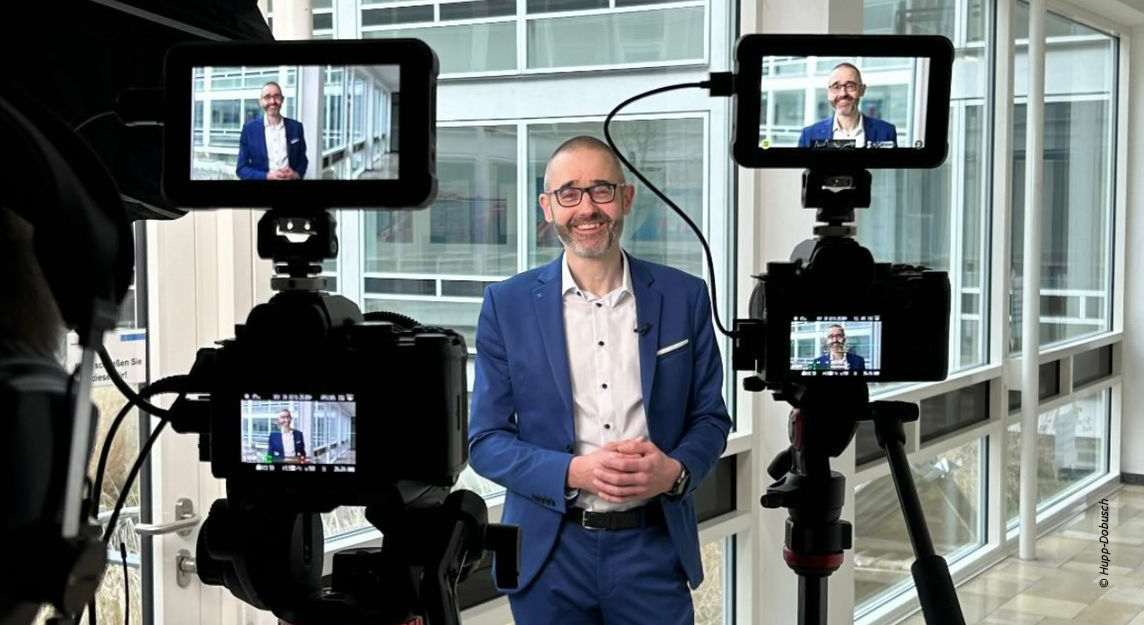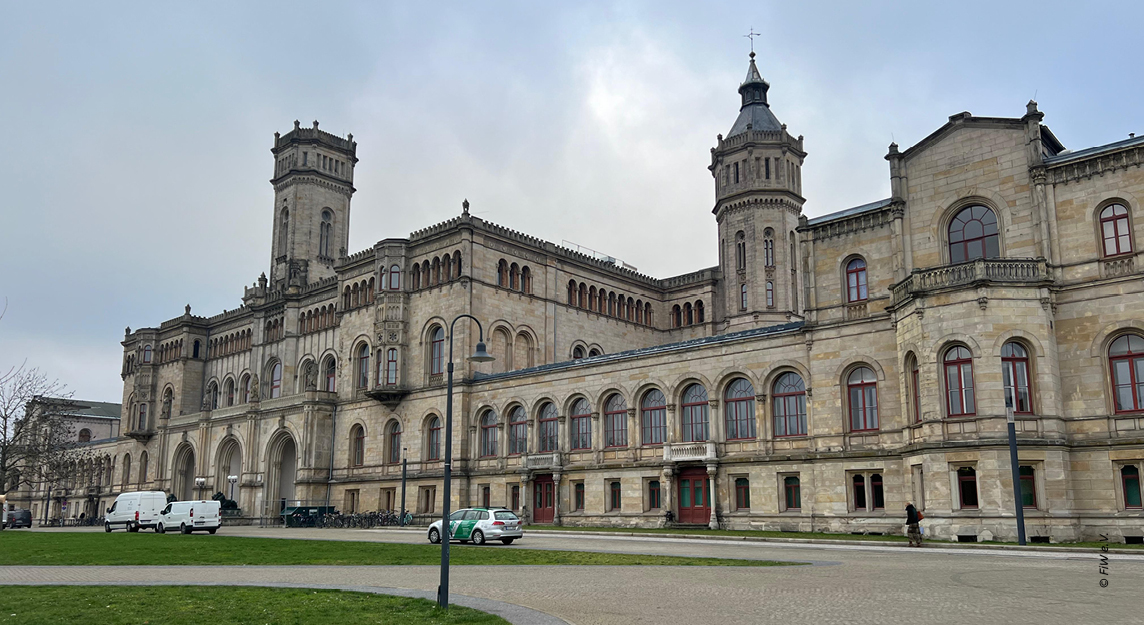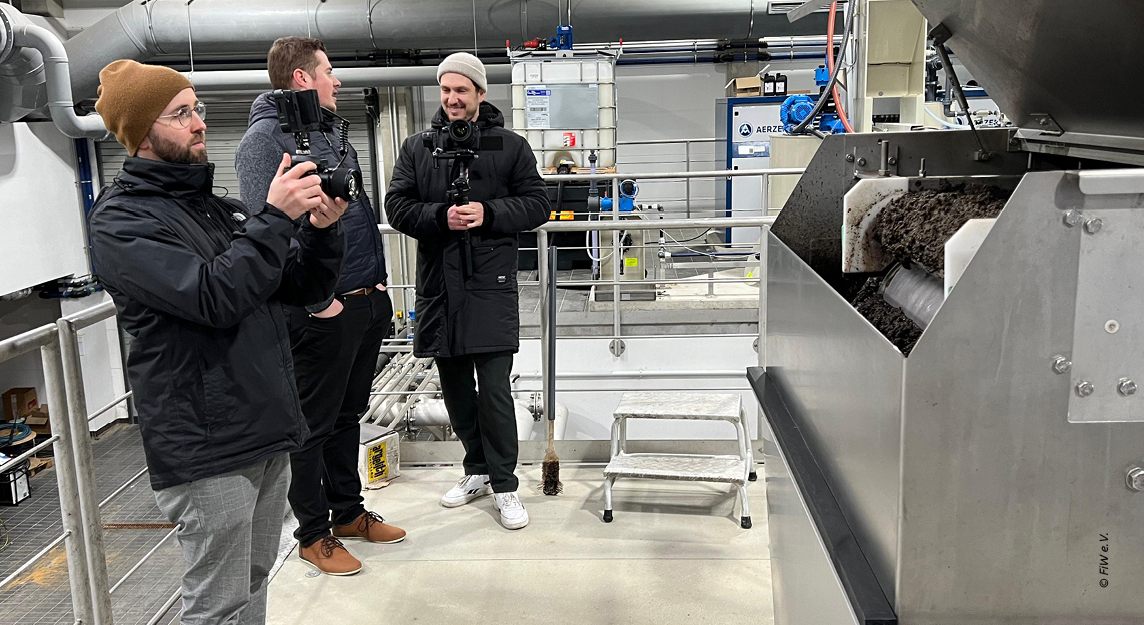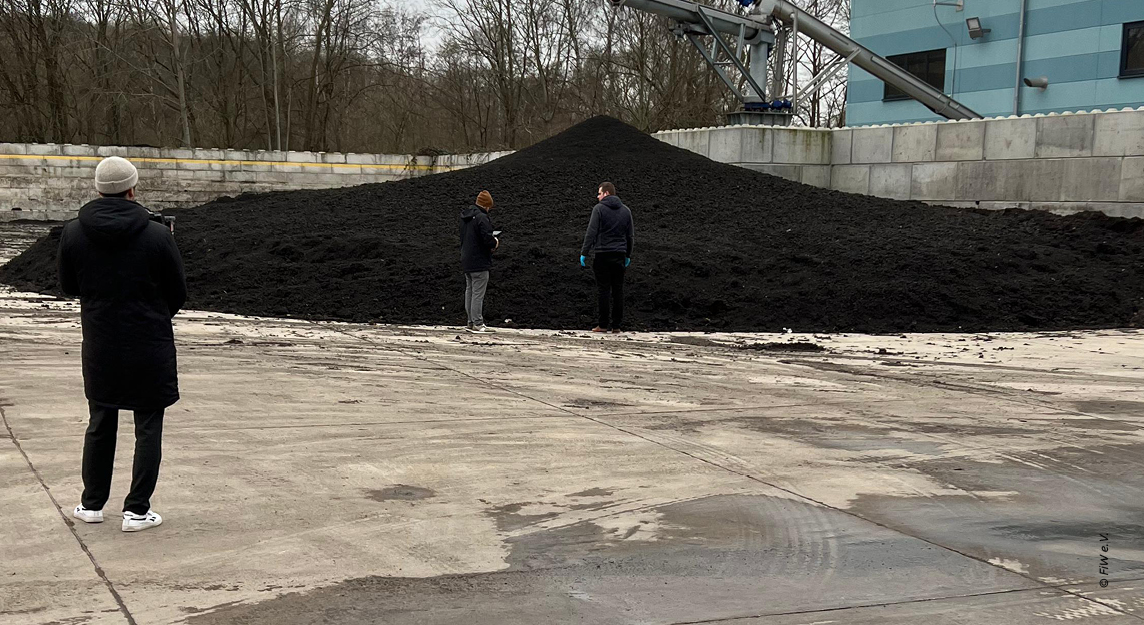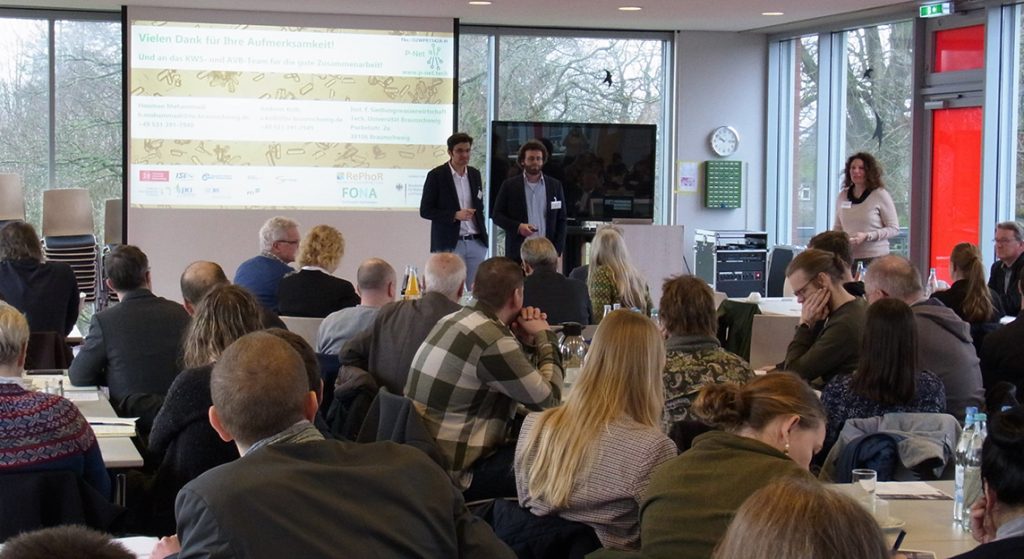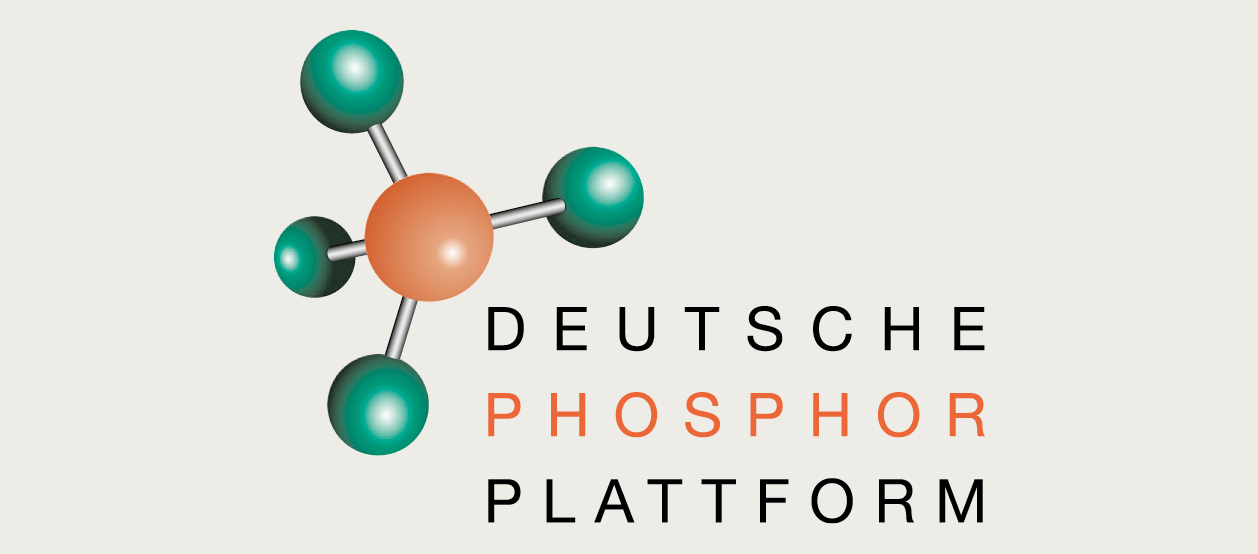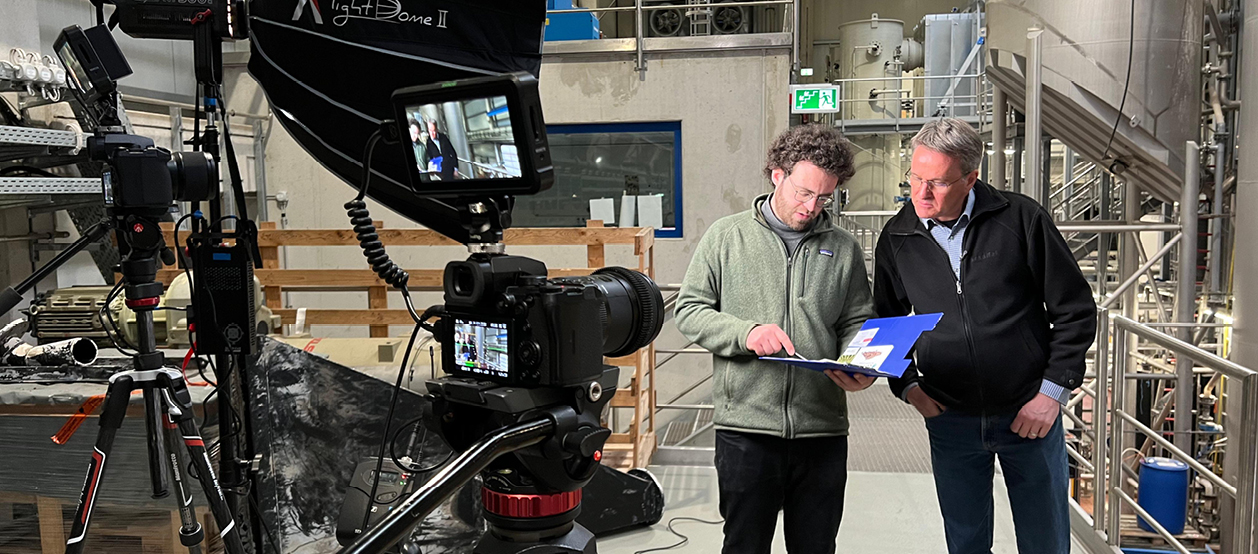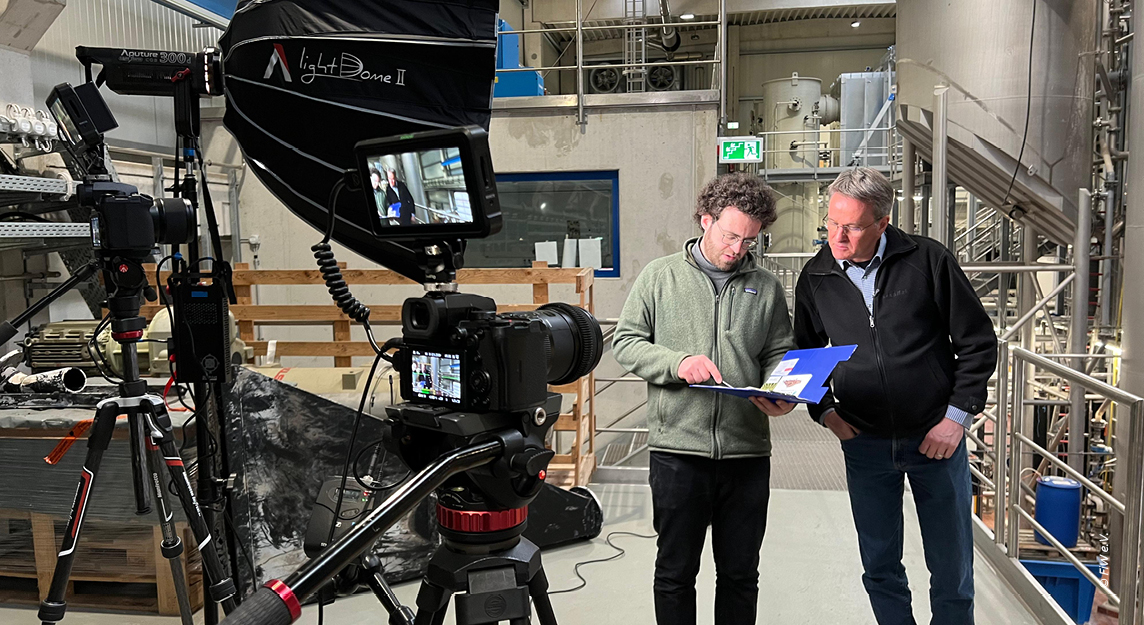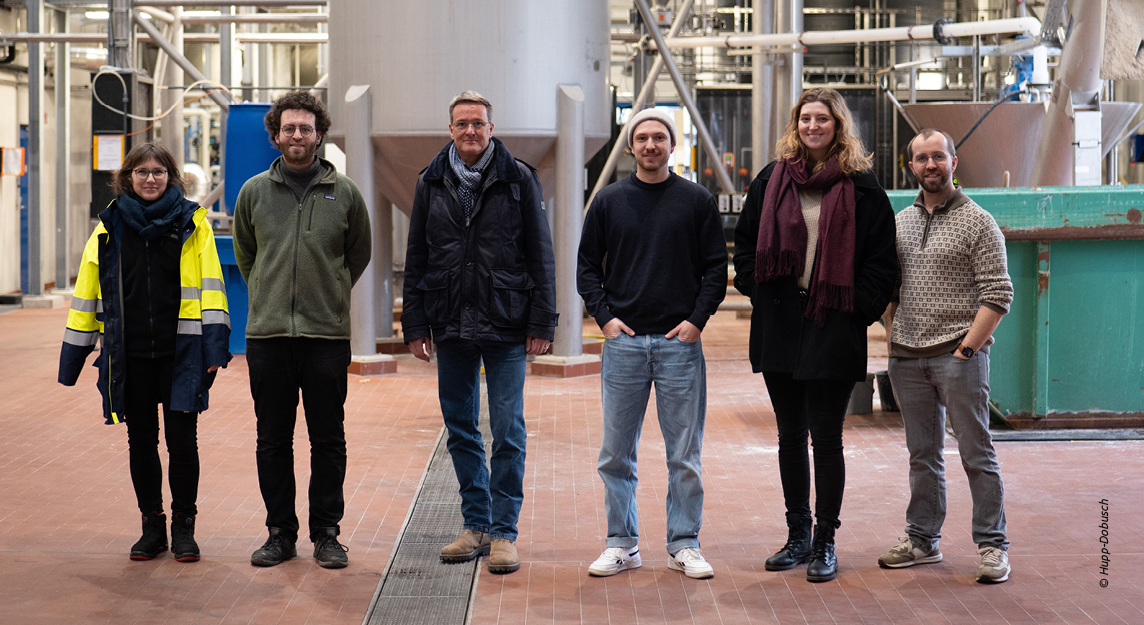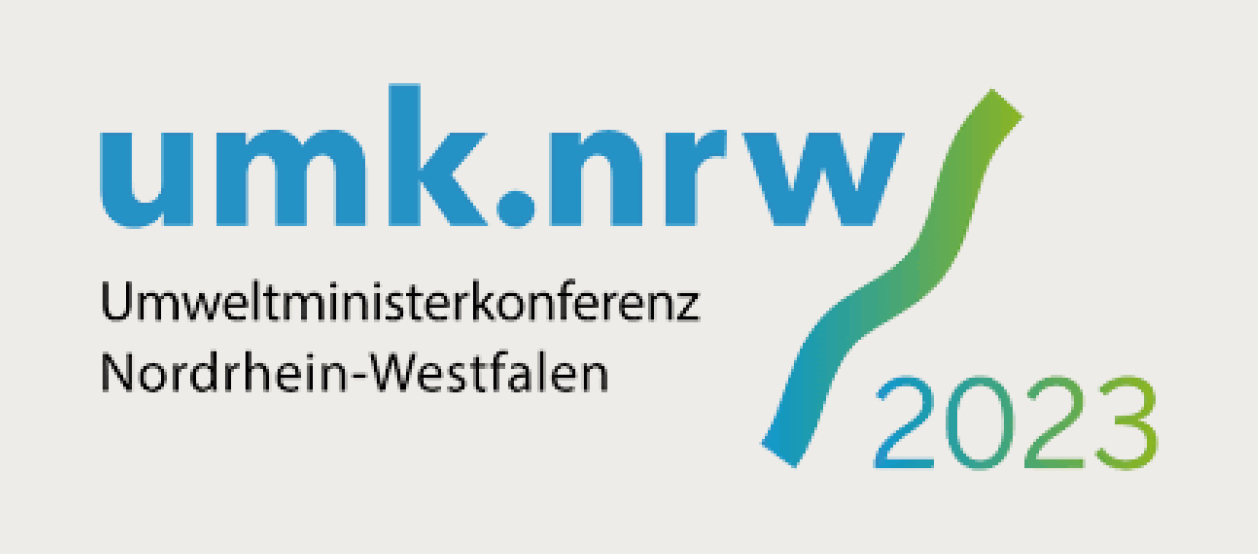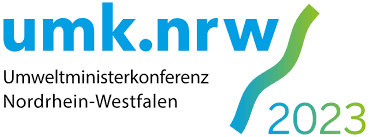Industry dialogue on the recovery of phosphorus from sewage sludge organised by the BMUV

The German Federal Ministry for the Environment, Nature Conservation, Nuclear Safety and Consumer Protection (BMUV) hosted the Industry Dialogue “Phosphorus Recovery from Sewage Sludge” on 6 May, where high-ranking representatives of the industry discussed the status quo of phosphorus recovery and possible solutions.
The event was organised in response to the 101st Conference of Environment Ministers, which noted the slow implementation of phosphorus recovery. After a welcome address by State Secretary Dr Rohleder, representatives from various federal and state ministries, municipalities, trade associations and companies discussed the challenges and possible solutions in four thematic blocks. RePhoR was also represented by the TransPhoR joint project and presented the current status of implementation.
The lack of long-term tenders, the ability to pass on charges and the issue of interim storage of sludge ash were key aspects of the discussion. In particular, it became clear that there are a number of unresolved technical, legal and organisational issues associated with the landfilling of ash, and that the costs are enormous. Country-led working groups will be set up to work on solutions. The industry dialogue is to be continue in 2026 and 2028.
Link to the event: https://www.bmuv.de/veranstaltung/branchendialog-phosphor-rueckgewinnung-aus-klaerschlamm
